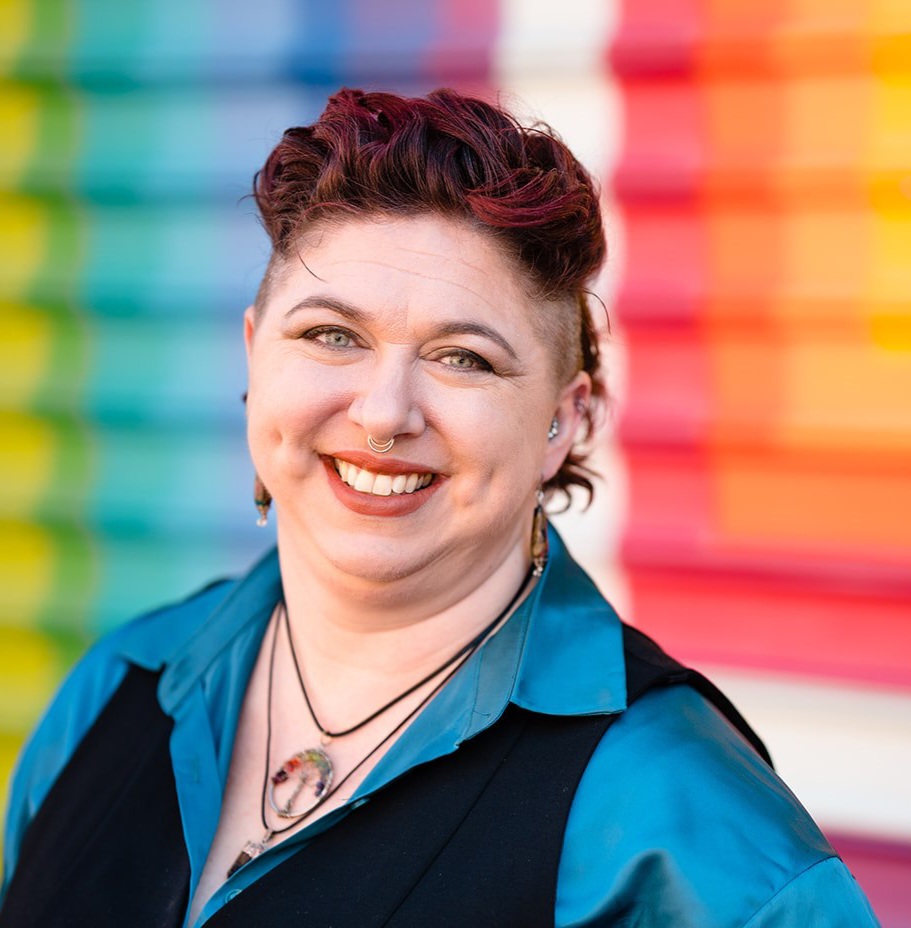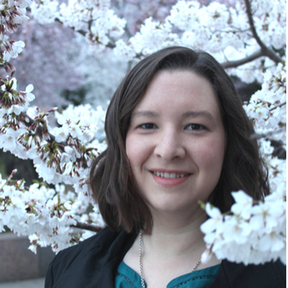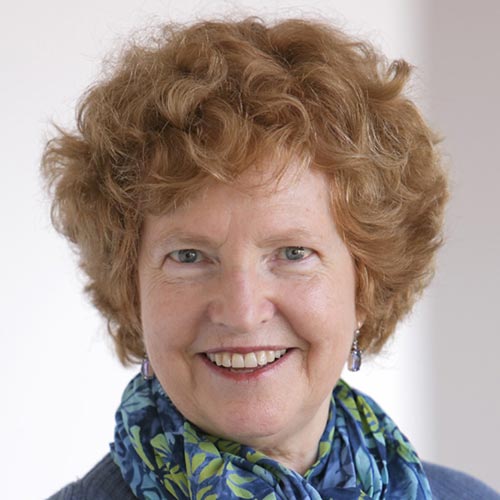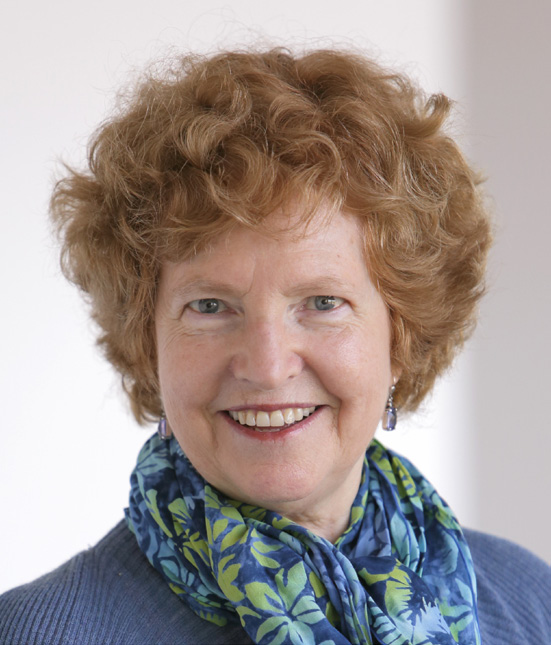This program is being offered in a virtual format. In order to participate, please RSVP through the button above or email programs@smithcenter.org.
with Dr. Dash Chiranjeev, Dr. Danyel Smith, Jessica Catterson, Chris Leby & Muna Said

From the Oral Health Disparities Program through Office of Minority Health and Health Disparities Research at Georgetown Lombardi Comprehensive Cancer Center.
This presentation dives into the connection between oral and systemic health, specifically as it relates to cancer survivors.
We will discuss how biological factors (like bacteria in your mouth) and behavioral factors (like what you eat) impact the health of your teeth and body.
We also discuss resources and research opportunities (e.g., FLOSS project) available through the Office of Minority Health and Health Disparities Office at Georgetown Lombardi Comprehensive Cancer Center.
If you have questions or want more information, please contact
flossproject@georgetown.edu.
—
About Chiranjeev Dash, PhD
Chiranjeev Dash, PhD: Associate Professor and Study Principal Investigator Dr. Dash is the Associate Director of Health Disparities Research and an Associate Professor of Oncology in the Office of Minority Health and Health Disparities Research at the Georgetown Lombardi Comprehensive Cancer Center. He is also a member of the Cancer Prevention and Control Program and has a secondary appointment in the Department of Biostatistics, Bioinformatics & Biomathematics. Dr. Dash’s expertise is in the design, implementation, and analysis of epidemiologic studies; and his research primarily focuses on molecular epidemiology and cancer prevention and control in minorities and underserved populations.
About Danyel Smith, PhD – Postdoctoral Research Fellow and Project Lead
Dr. Danyel Smith is trained as a health psychologist with an emphasis on health equity in racially and ethnically minoritized groups. She completed her doctoral degree at Virginia Commonwealth University, in Richmond VA. Her research focuses on understanding the role of the sociocultural environment (e.g., cultural norms, family networks) in cancer prevention behaviors (i.e., diet and physical activity behaviors) of Black Americans. Dr. Smith is currently a postdoctoral fellow in Cancer Population Sciences in the Georgetown-Lombardi Comprehensive Cancer Center at Georgetown University. Dr. Smith supports the FLOSS Project (Facilitated Lessons on Oral and Systemic Health in Cancer Survivors), which uses telehealth to promote oral and systemic health in cancer survivors.

About Jessica Catterson B.S.: Oral Health Scholar
Jessica earned a degree in Global Health from Sacred Heart University in May 2024 and is now pursuing a Masters in Cancer Epidemiology at Georgetown University. Jessica is a research assistant on the FLOSS study, guiding participants through oral health intervention sessions.
About Chris Leby, Oral Health Scholar
Chris Leby holds a Bachelor of Science degree with a major in biological science and a minor in chemistry from Salisbury University. Following graduation, Chris dedicated his efforts to colon cancer research while working at a gastroenterology clinic. Currently, Chris is pursuing a Master’s in Epidemiology with a specialized focus on infectious diseases. Upon the completion of his master’s program, his aspirations may lead him to consider either medical school or enrollment in a Ph.D. program. His profound interest in oral health stems from his belief that it plays a pivotal role in determining overall health, often overlooked by many. Chris’s ultimate goal is to empower individuals with a deeper understanding of their oral health and to guide them in their journey toward improving and maintaining it.
About Muna Said: Oral Health Scholar
Muna Said is a junior at Georgetown University, majoring in
Anthropology. She currently serves as a research assistant for the
F.L.O.S.S
















